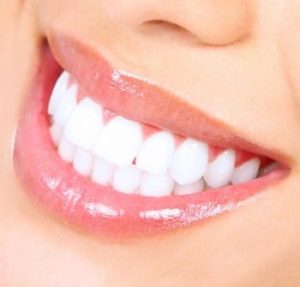 Flossing. It’s the dental practice that everyone knows they should well, practice, but the majority of Americans never do. In fact, some statistics say that close to 80% of Americans don’t floss. Yet, ironically, if you asked that same segment of the population, they most likely would say that you should floss your teeth but many wouldn’t know why. So why should you floss your teeth?
Flossing. It’s the dental practice that everyone knows they should well, practice, but the majority of Americans never do. In fact, some statistics say that close to 80% of Americans don’t floss. Yet, ironically, if you asked that same segment of the population, they most likely would say that you should floss your teeth but many wouldn’t know why. So why should you floss your teeth?
Flossing prevents tooth decay and cavities. Flossing is not about the food stuck between your teeth, but about removing plaque which causes tooth decay and cavities. A cavity is really the product of a perfect storm involving bacteria, food, saliva and the resulting acid. Bacteria in your mouth combine with food that sits on your teeth and creates plaque which includes acid. The acid in the plaque eats holes in your tooth (tooth decay) called cavities.
You lessen your chance of hearing the word “gum disease” at your next dentist appointment. There are a number of contributing factors to gum disease, including poor oral health. Flossing your teeth can improve your oral health, saving you the pain associated with gum disease. Gum disease, also called periodontal disease, is an inflammation of the gums that hold your teeth in place.
Your breath may be fresher. Look at any list of compiled pet peeves, and you’re bound to see the term “bad breath.” The majority of people cannot stand bad breath, and flossing may help with that. One of the side effects of flossing is fresher breath because you are removing particles from between your teeth that can contribute to bad breath.
A healthier mouth costs less. You may still have to invest in dental care whether you floss or not; there are many contributing factors to dental conditions. However, regular brushing and flossing can give you a healthier mouth, and a healthier mouth is a cheaper mouth when it comes to paying in.
How often should I floss?
Flossing once a day is good; twice a day flossing is best. It doesn’t matter whether you floss before you brush or after. It’s more important for your oral health that you floss regularly (and not just before your dentist appointment!).
Should it hurt when I floss?
Your gums may be tender at first. Be gentle, and try out different dental floss and floss products to see what works in your mouth.
How do I floss?
It’s not hard! If you need an in-person demonstration, make sure you ask one of our dentists when you schedule a dentist appointment. If you have any more questions about flossing, please feel free to ask us on our Facebook page, send us an email or give us a call. We’d be happy to help you figure out dental flossing, so you can add it to your dental care routine.





